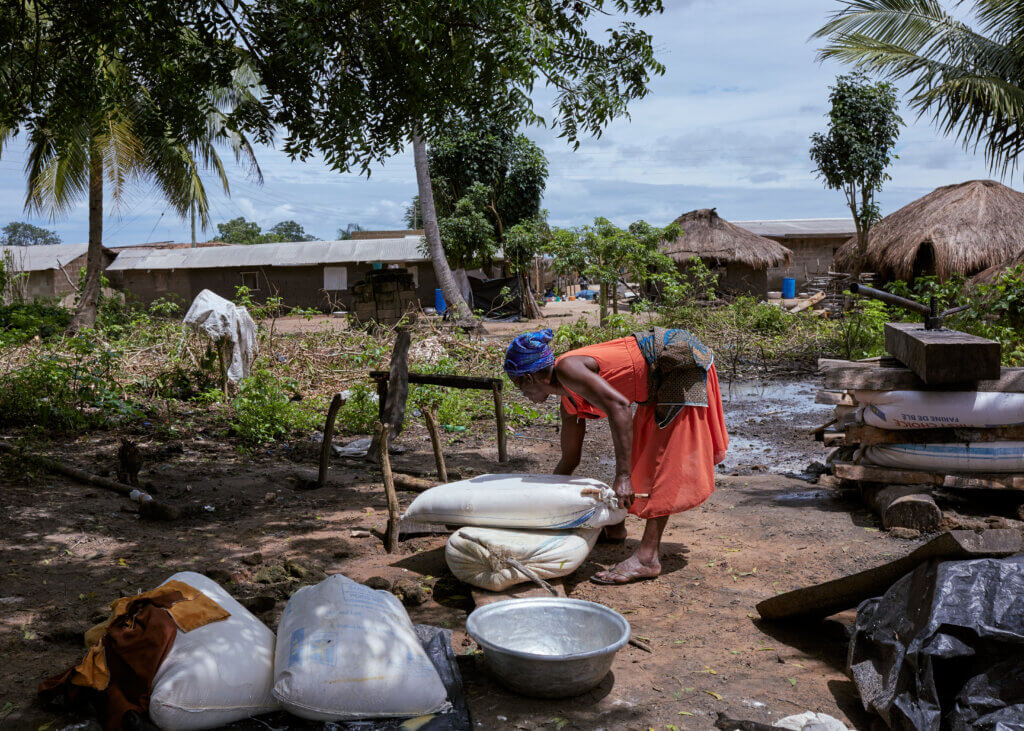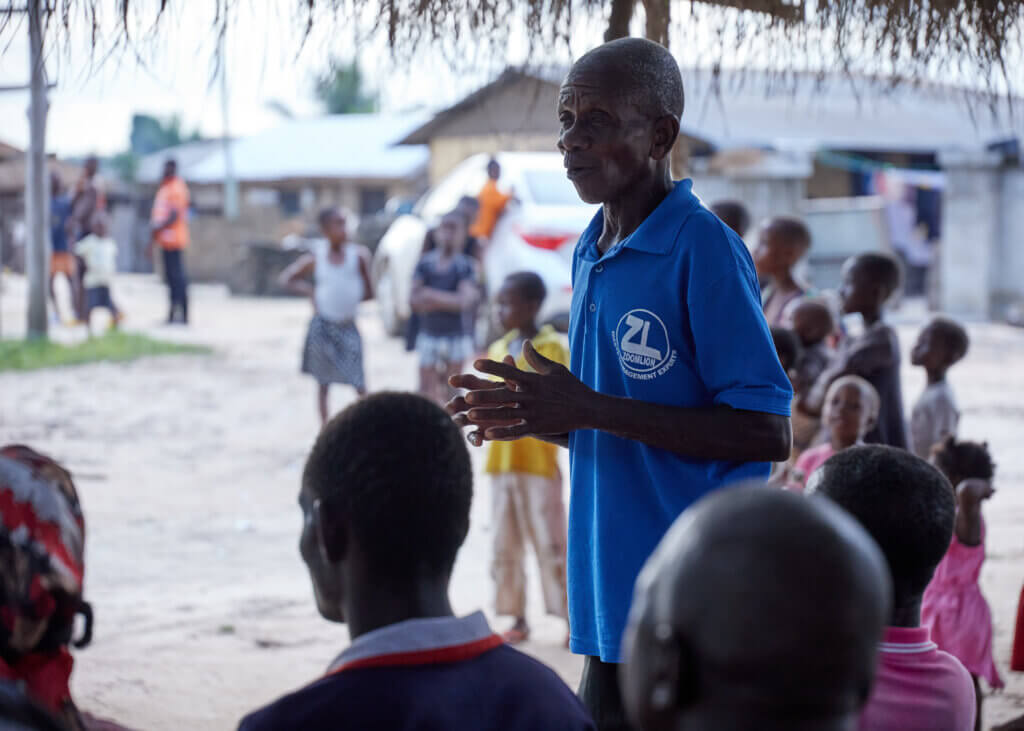What would a malaria-free future look like?

Malaria has affected the world throughout history. The World Health Organization states that the debilitating disease affected 249 million people in 2022 alone, and resulted in 608,000 deaths, all of which could have been prevented if transmission was halted and if treatments were accessible to all.
The impact of malaria goes beyond healthcare considerations: its rippling effect shapes the economy of the African continent, where 95% of cases and 94% of deaths occur. The findings of a recent study by Oxford Economics Africa emphasised the economic toll of the disease and expected gains which could stem from eliminating malaria. Meeting the Sustainable Development Goal (SDG) of 90% reduction in case incidence by 2030 could result in an improvement of $142.7 billion in the Gross Domestic Product (GDP) of malaria-endemic countries; international trade would be expected to increase by $80.7 billion over the same period.
Investing in malaria eradication could significantly impact the economic prospects of the countries affected and their trading partners.
Malaria has a disproportionate effect on children under five and pregnant women who make up 80% of cases. In 2022, 12.7 million pregnant women contracted malaria in the WHO Africa Region. Pregnancy reduces a woman’s immunity to malaria, making her more susceptible to malaria infection, severe anemia, and other medical complications with tragic consequences on the mother and the unborn child.
Malaria elimination could prevent 10,000 maternal deaths each year.

Malaria has a particular impact on school-aged with 50% of all preventable absenteeism, being related to the disease. Furthermore, older girls are often obliged to stay home and care for sick family members or their younger siblings.
Reducing malaria transmission would increase the population of young women who are able to attend school consistently and succeed in completing their education.
For working adults, contracting malaria means missing work and incurring the out-of-pocket costs of treatment. The expectation to care for family members who are affected by the disease, can result in monetary loss at a time where access to treatment is essential. In our Voices from the Field series you can listen to stakeholders in communities across Africa share stories on how malaria affects them.
Malaria elimination would enable households across Africa to release the personal financial burden of malaria, ushering in an opportunity for financial growth.
The positive impact of malaria elimination on pregnant women, school-aged children, and the workforce cannot be understated when it comes to malaria elimination.
We look forward to a malaria-free future, a future in which the African continent is safe from malaria, and free from the dire consequences on economy and society.

